Where is design headed?
As design student we are immersed in the context of the field of design, and its place within the systems that make up the global economy.
The field of design is changing. And so are the skills needed to address these changes.
As part of our research project, we used futuring, backcasting and focused interviews to understand how the field is changing. Our hope was to leave an instructional booklet for future designers and to open up a conversation within the field of design to be able to adapt smoothly to this transition.
And hopefully, to help develop the right skills to enhance designers and design to tackle complex social problems of our world.
The future of design: findings & commonalities
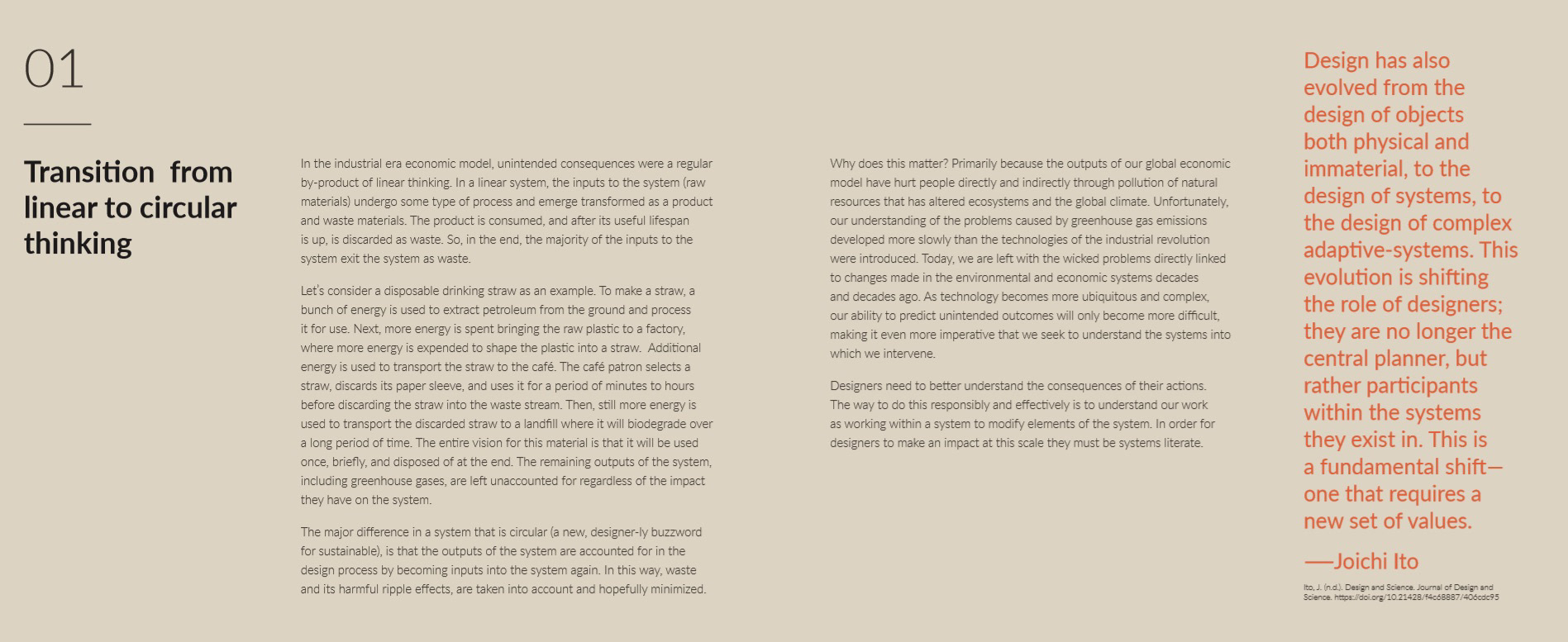

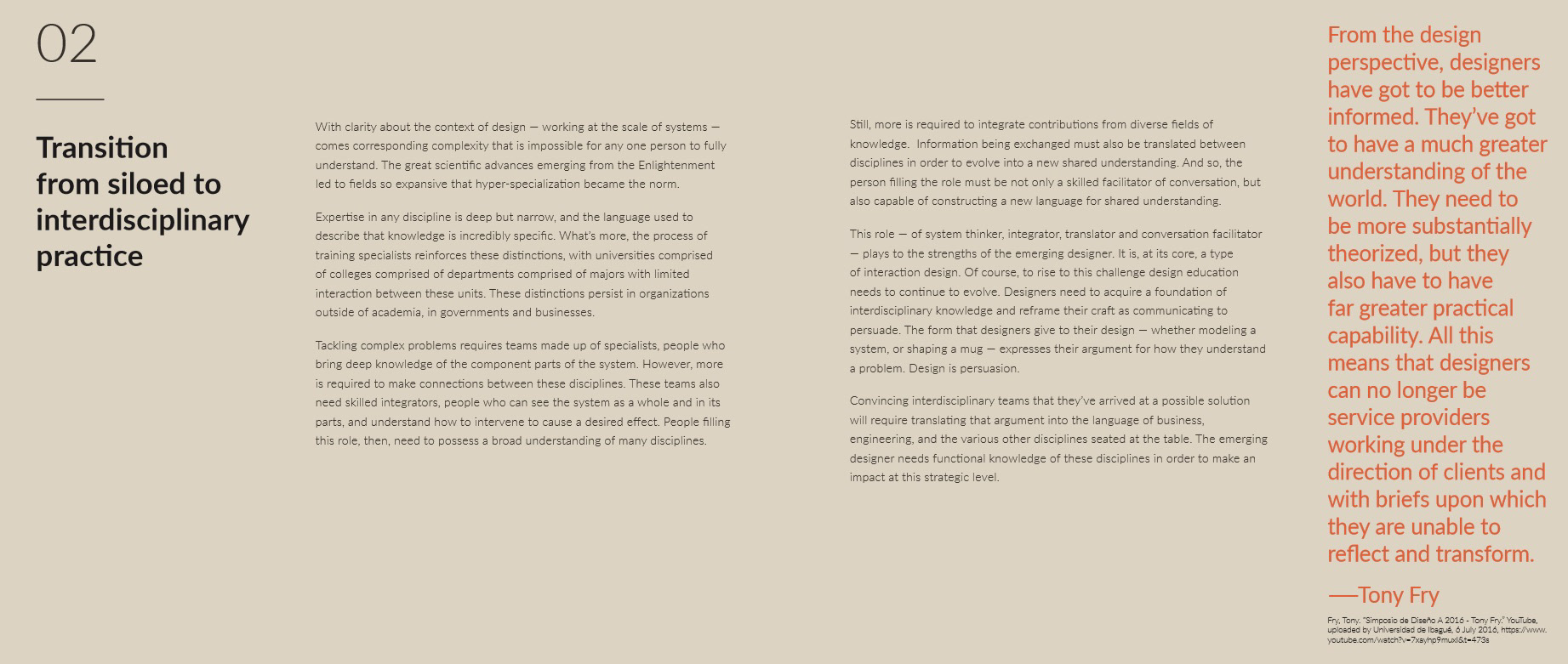

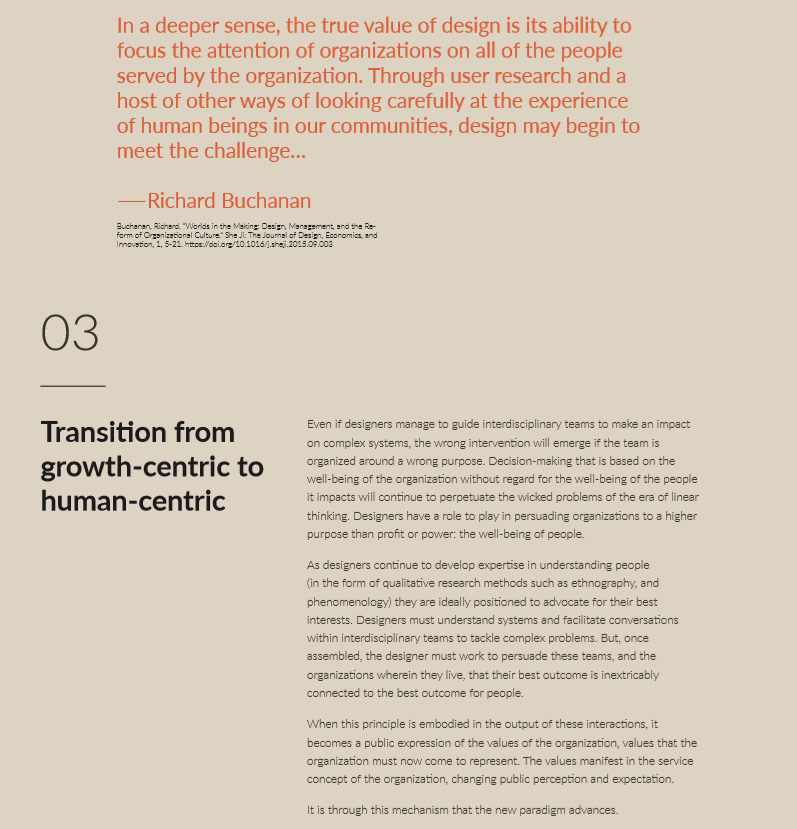
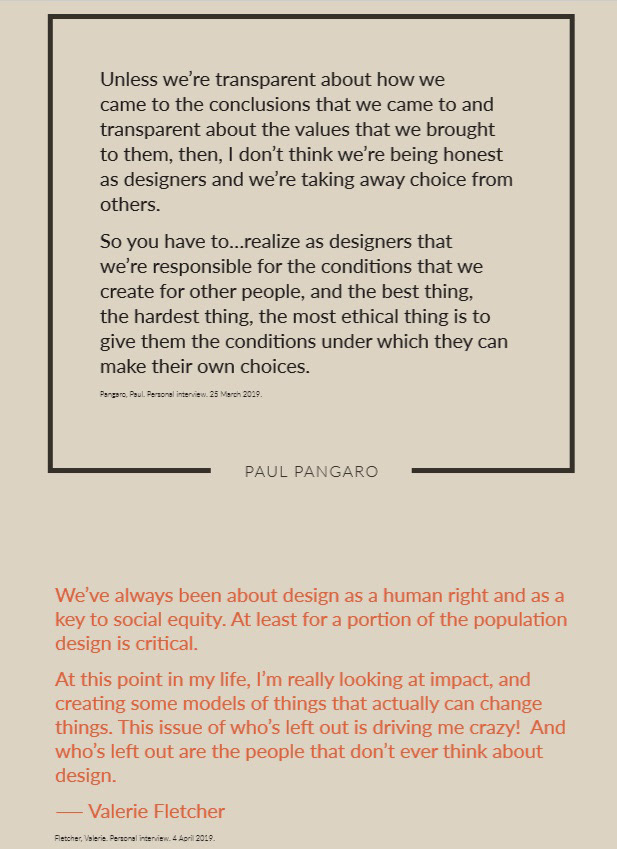
Design for a new paradigm: new skills needed
Take a look at our booklet here.
Our distinguished interviewees
We hope to provide insights into our understanding of how design is evolving, informed by conversations with some of the leading voices in the field.

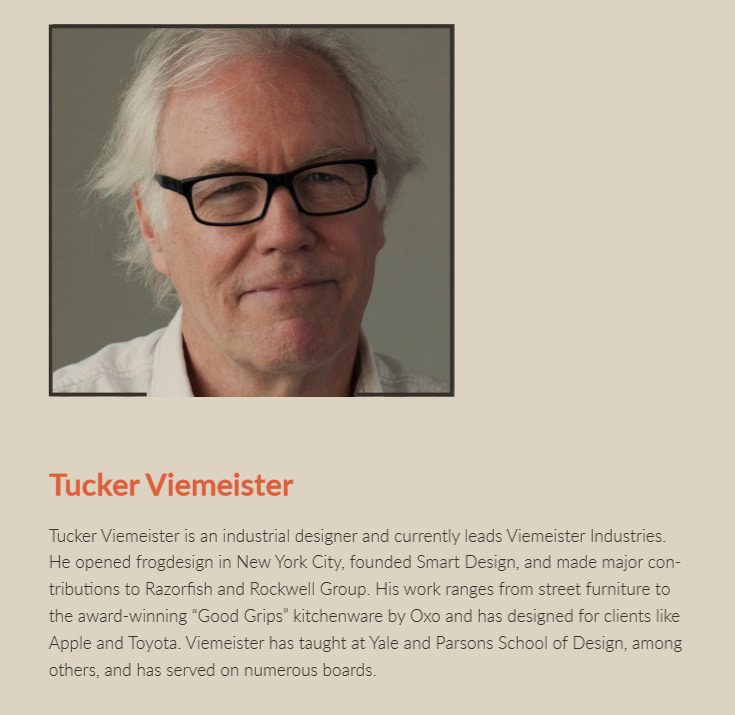
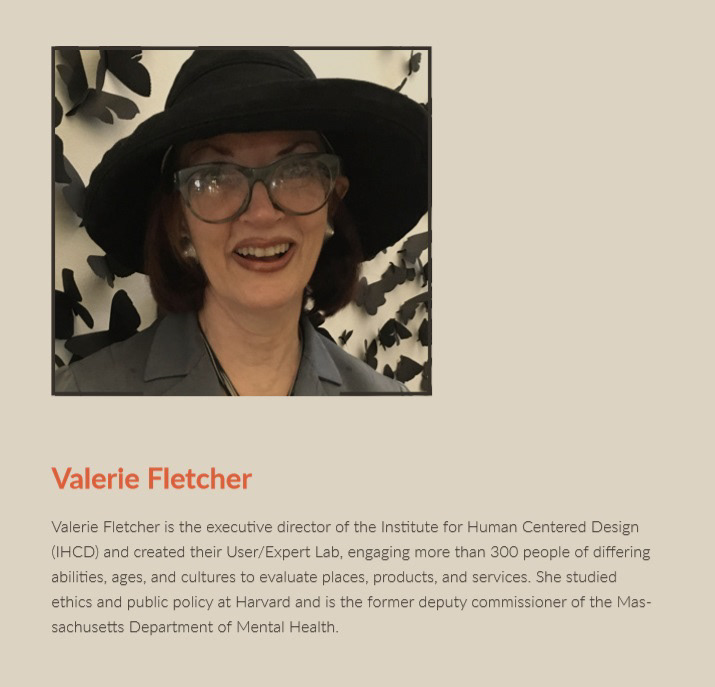
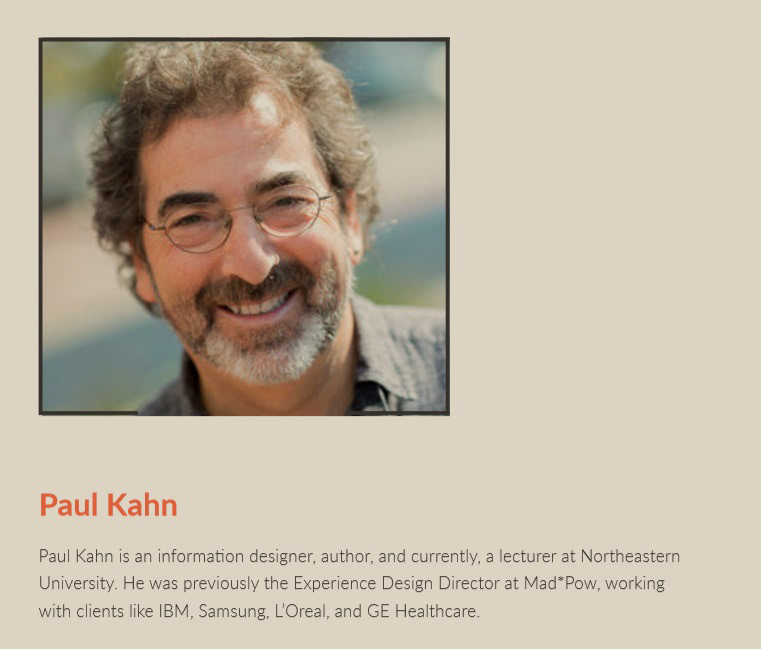
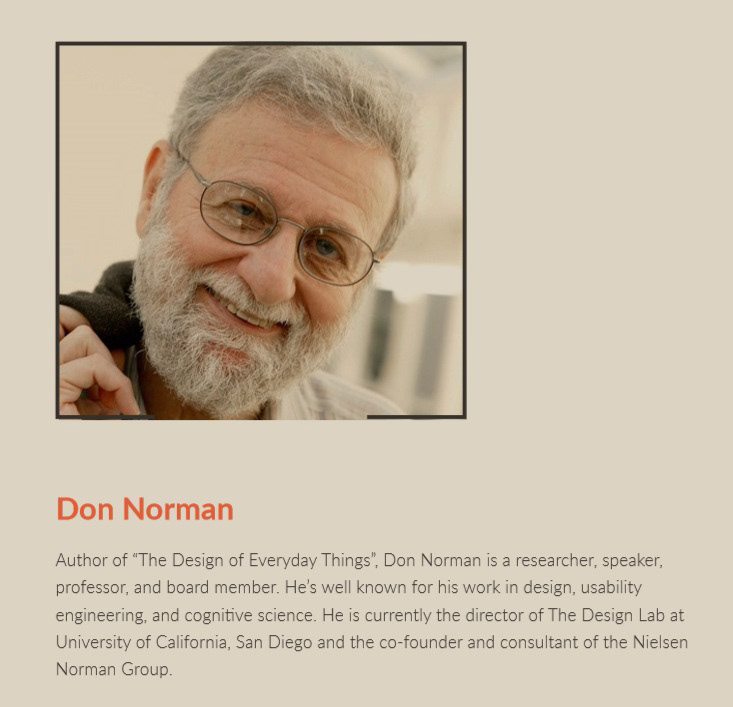
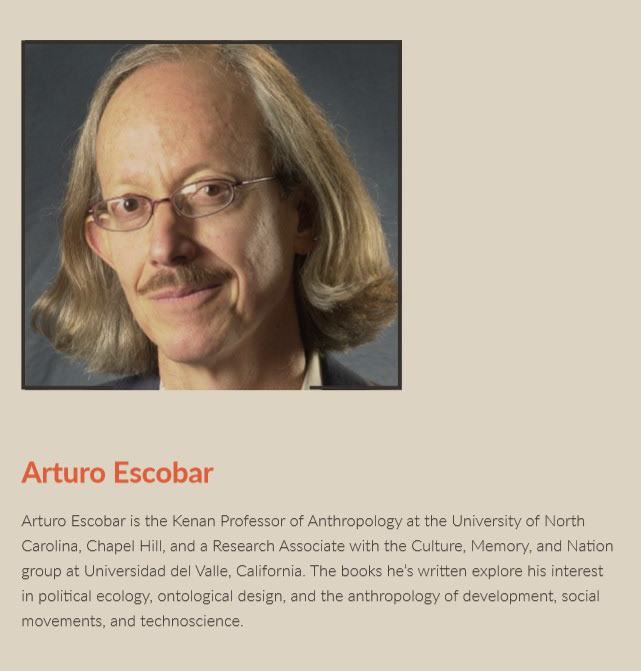
Tips for future designers
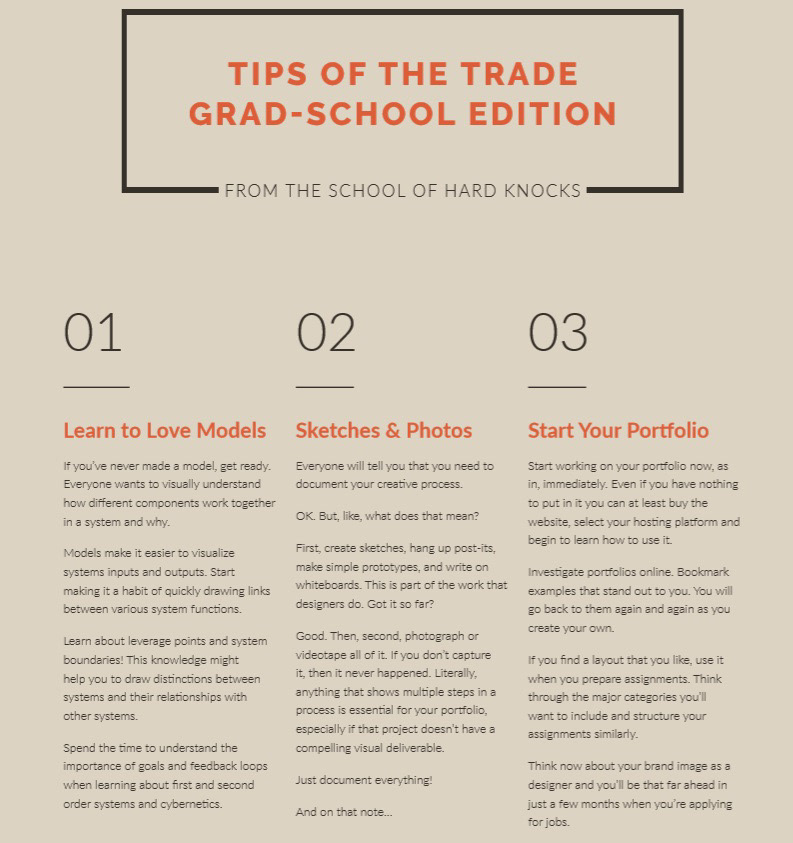
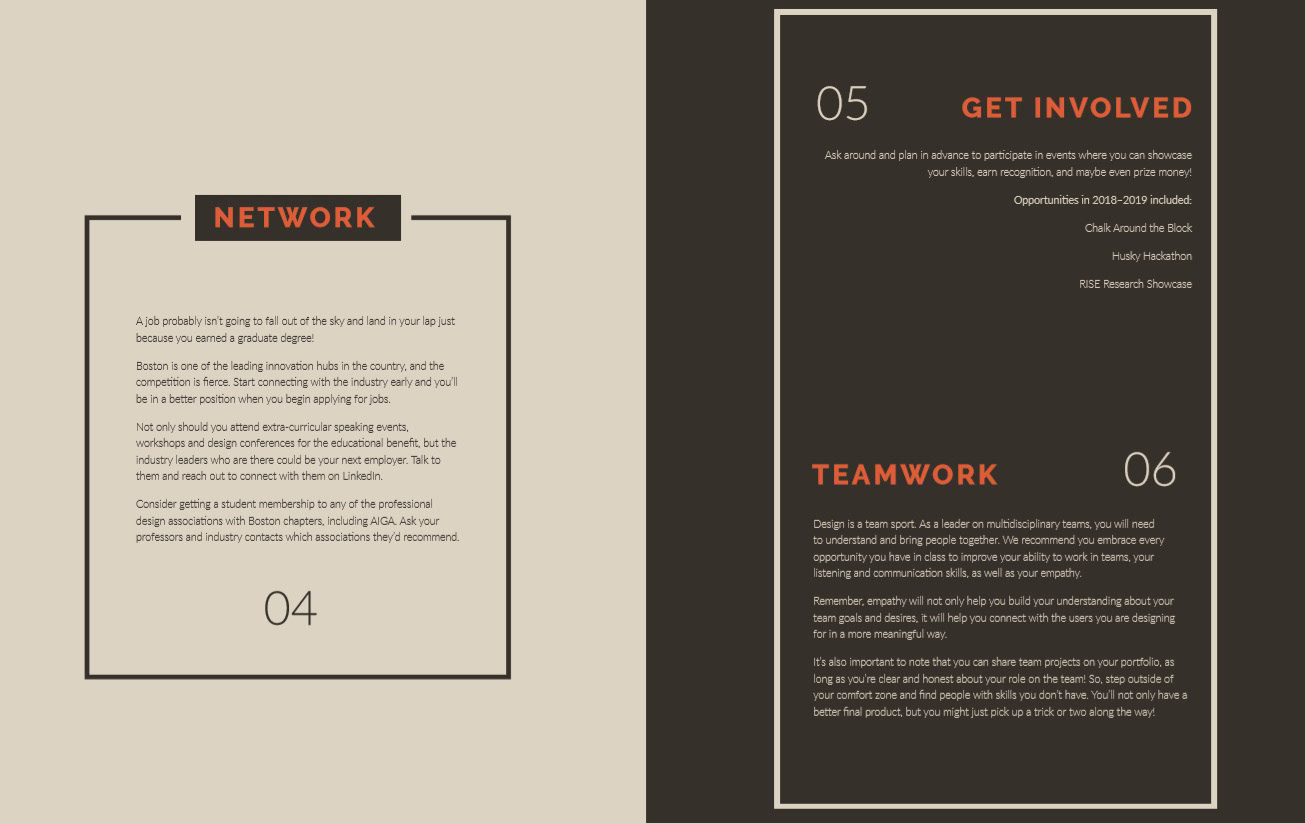
Despite the future being uncertain, it doesn’t keep us from setting a direction for ourselves. We form an understanding of the world and how we fit within it, and based on that understanding, set goals for ourselves. In some cases, our goal is to change something — to learn a new skill, to change where we live or work, to get more exercise, or spend more time with friends and family. In other instances, our goal is to maintain the status quo. We land a sweet job, with good pay and benefits, and a perfect work/life balance and do what it takes to keep that job, usually by meeting the expectations of our supervisors and clients. In this case, our goals are informed by the goals of someone or something else.
This process of forming an understanding of the world, setting a goal, determining a course of action, evaluating how and if that action brought us closer to our goal, and adapting in response (including our actions and understanding) is called learning. Repeating the process over and over, adjusting actions in each iteration until the goal is achieved is often called practice, as in practice makes perfect. Learning is part of not only the human experience, but also of organizations, academic disciplines, and their domains of practice.
Sometimes the actions that used to work don’t seem to get the job done anymore, suggesting that something in our world has changed and prompting us to search for an explanation. At other times our goal changes explicitly, perhaps because our interests and desires have changed (I was exercising to lose weight for vacation, but realized I’m happy as I am), and sometimes because external expectations have shifted outside of our control (your company is reorganizing in preparation to move into a new market). Sometimes, it’s a combination of all of these factors.
In these moments of transition, we ask again, where am I headed? The answer is more complicated than simply understanding our personal goals in isolation. Instead, our goals need to be placed into context, and an understanding of the goals of that context is necessary to help us choose the best course of action. By understanding the goals of the context, it becomes clearer how our activities need to change, and what new skills we might need to develop in order to accomplish those tasks.
Take a look at our booklet here!
Team: Jeremy Brodeur, Colin Gerrity, and Sylvia Zepeda